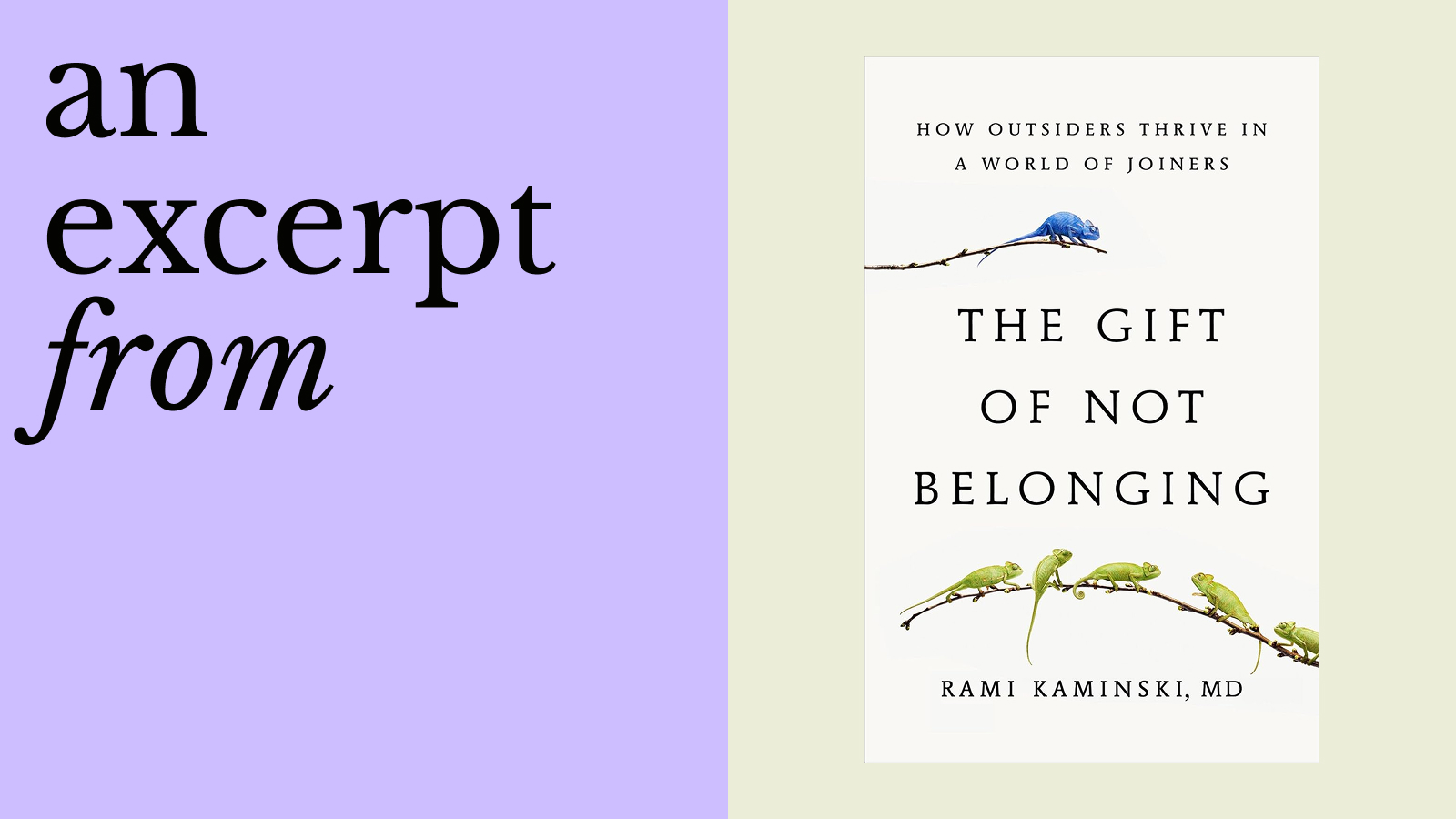Nafisi’s passion was always literature. Religion was an externally imposed reality.
Azar Nafisi: You know for me religion was not something that I had . . . I mean my preoccupations were different. My obsessions were literature. Religion’s obsessions have been imposed on me because of the situation. When I was younger the Islam that I was offered was a very gentle and liberal version. Both my parents were Muslims. My mother went to the pilgrimage in Mecca, but she never wore the veil. She was a very modern woman. My father would tell me that the most important thing in Islam is that do unto others as you do . . . have them do unto you. Serving the people is . . . That is how . . . And my grandmother on my father’s side . . . My grandmother on my mother’s side died very young. I never saw her. But on . . . My paternal grandmother who always wore the veil, she was a very orthodox woman. She was the gentlest of all women. She never told me because I wore a bikini and went swimming I was not a Muslim; or I was dirty; or I was, you know . . . So I was brought up with a very tolerant view of religion. It was after the . . . And then I turned into a Marxist, which was as bad as . . . Not being a Marxist or a variance of Marxism, but I turned into a Stalinist mainly, which is as bad as being a fundamentalist for a while. Although I don’t think I was as bad. I had . . . I was constantly being called bourgeois by my other .... So it was the revolution that brought up for me the question. And I feel that what is happening in my country in many ways is interesting, because many of the ...Islamists like ...or many of the dissidents we have now; at the beginning of the revolution they were so fundamentalists. And now they’re quoting ... and ... And I think there is a movement going on within Iran that because it was the first theocracy in 20th century, I think it’s also bringing out the reform to reform; to bring religion up to date. Within the clerics, people like ...; and within the militant Islamic . . . you know the younger people . . . And I think that that is what should happen – that there should be the change. We need to be self-critical and interrogate ourselves rather than constantly interrogate the world. Recorded on: 2/22/08





